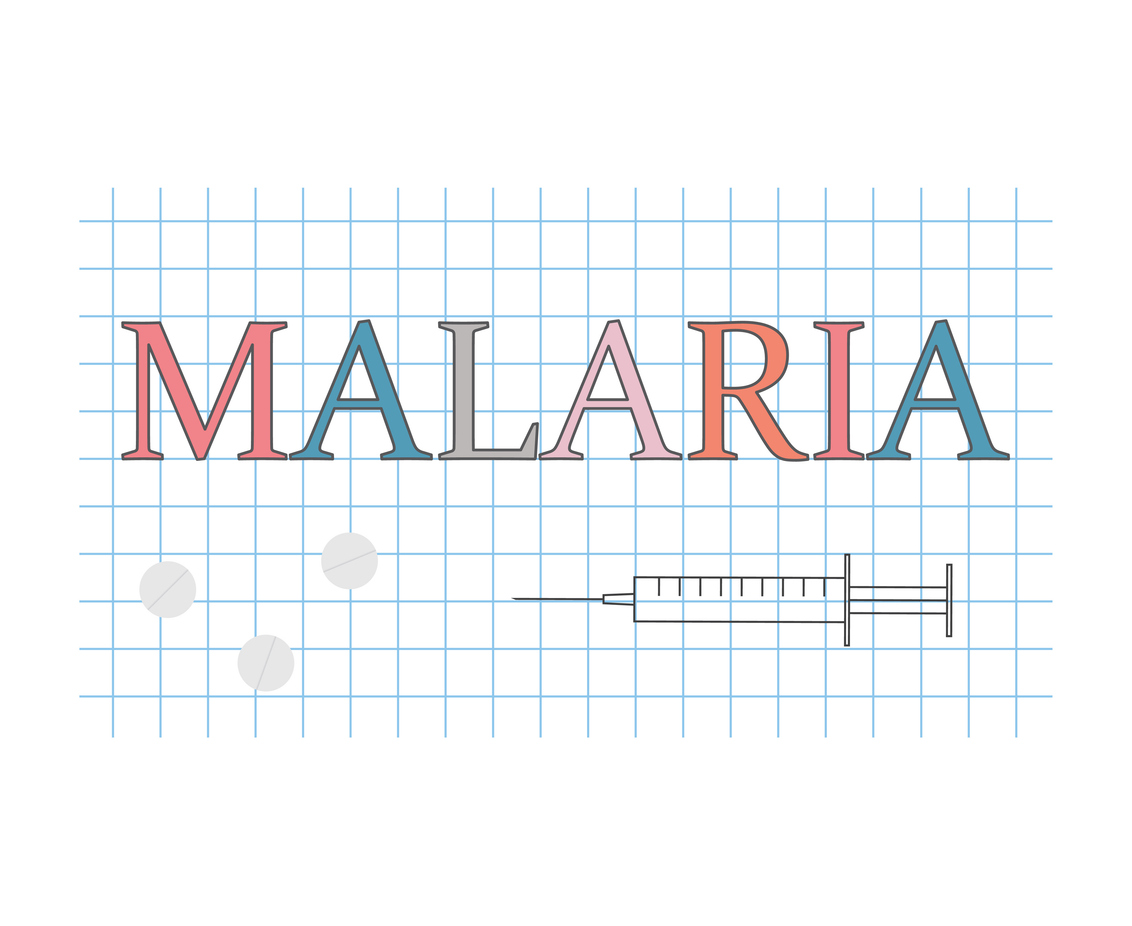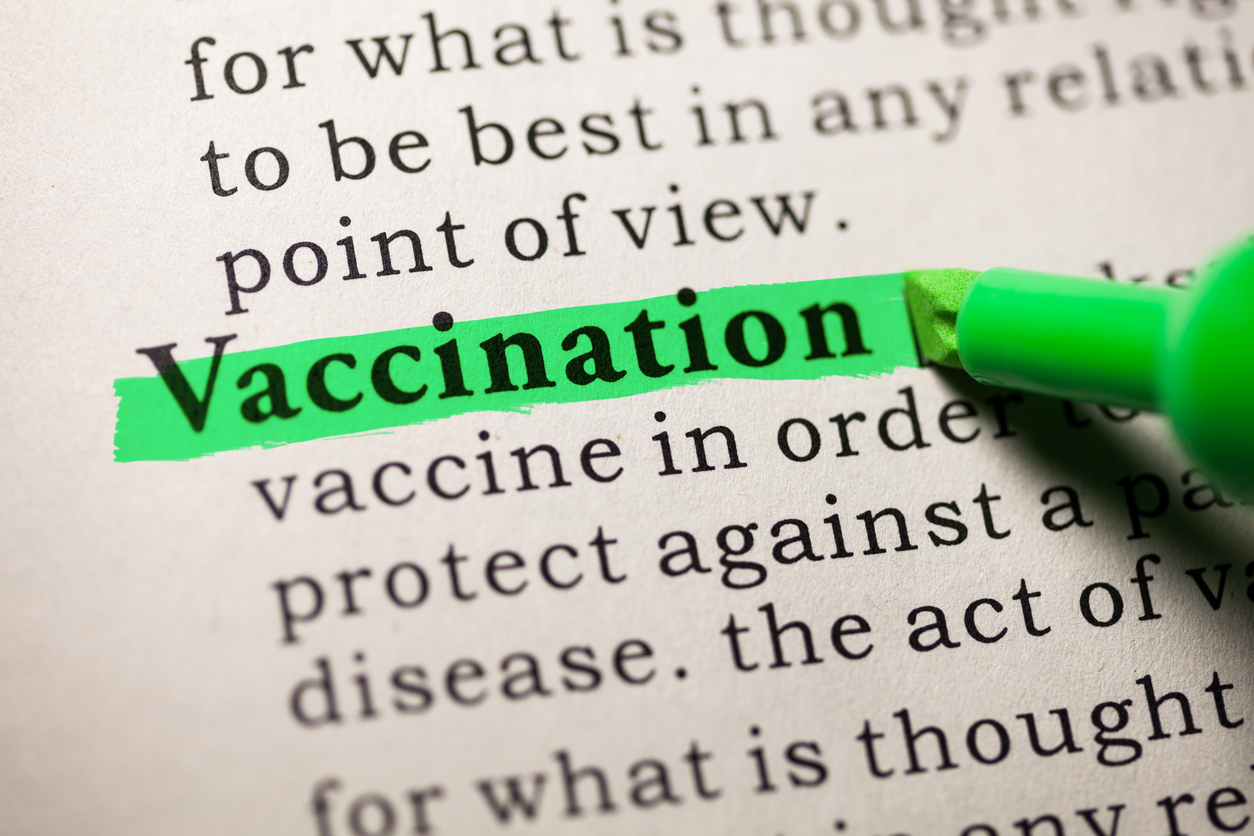2025-04-28
The vaccine that challenges the standards
Infectiology
#Malaria #Vaccination #GA2 #AttenuatedParasites
Despite decades of efforts, preventive campaigns, mass distribution of bed nets, and antimalarial treatments, malaria continues to claim more than 600,000 lives each year. Children under five years old represent the majority of these deaths, particularly in high-transmission areas of sub-Saharan Africa. This situation underscores the limitations of current tools against a disease that adapts, persists, and resists.
The advent of new vaccines marked a turning point in the fight against malaria. Deployed in several countries, these vaccines have helped reduce severe cases and hospitalizations among children. However, their effectiveness remains partial, their duration of protection is limited, and their implementation depends on multiple-dose series with boosters, making their integration into already crowded immunization schedules complex.
Faced with these challenges, the scientific community is now aiming for a new goal: to develop a vaccine capable of providing effective protection with a single dose, offering durable immunity, easy administration, and suitability for large-scale deployment. This bold ambition is now taking shape through the exploration of strategies based on genetically attenuated live parasites, able to simulate natural infection without causing disease.
The GA2 vaccine candidate fits into this dynamic. It is a genetically modified strain of Plasmodium falciparum designed to block its development in the liver, preventing the emergence of blood-stage forms that cause symptoms and transmission. This approach would allow the immune system to detect the parasite early and trigger a robust and targeted immune response.
The aim of this study is to evaluate whether a single immunization, performed via bites from mosquitoes infected with the GA2 strain, can induce sterile protection. It also seeks to assess the safety, tolerability, and immune responses associated with this approach.
In this study, 15 healthy adults with no prior exposure to malaria were divided into two groups:
Six weeks after this single immunization, all participants underwent a controlled human malaria infection (CHMI) via bites from mosquitoes carrying wild-type Plasmodium falciparum.
The results show that 9 out of 10 participants in the GA2 group were completely immunized, with no detectable parasitemia up to 28 days post-infection. In comparison, all members of the placebo group developed infection, with a median onset of 9 days. No serious adverse events were reported. Only mild reactions such as itching, redness, or slight swelling at the bite site were observed.
Immunologically, GA2 vaccination induced a strong and specific cellular response. This was dominated by polyfunctional memory CD4+ T cells co-expressing TNF, IL-2, and to a lesser extent IFNγ. These cells displayed an effector memory phenotype, appearing as early as two weeks after immunization and persisting beyond the challenge. Vδ2+ γδ T cells were also mobilized, indicating activation of adaptive innate immunity.
No humoral response against blood-stage antigens (AMA-1, MSP-1) was detected. The observed protection relies exclusively on pre-erythrocytic immunity, targeting the parasite before it invades red blood cells. This feature is critical for early interruption of the infection cycle.
Malaria, a parasitic disease transmitted by mosquitoes, remains a major public health burden, particularly in sub-Saharan Africa. Despite therapeutic advances and preventive strategies, the disease continues to kill hundreds of thousands each year, mostly children. The current challenge lies in developing vaccines that provide strong, long-lasting protection with simplified logistics. Currently recommended vaccines—RTS,S/AS01 and R21/Matrix-M—require several doses and boosters, and their efficacy remains incomplete, especially against the infection itself.
The objective of this study was to evaluate a radically different vaccination approach: a single immunization via bites from mosquitoes infected with genetically attenuated Plasmodium falciparum parasites (GA2). The main challenge was to demonstrate that a single exposure could induce sterile protection against controlled infection. The study shows that 90% of immunized participants were completely protected, with no severe side effects. The experimental GA2 vaccine thus stands out from current standards for its power and simplicity.
However, several limitations should be noted. The sample size remains small (15 participants), all malaria-naive, which does not reflect populations living in endemic areas. Moreover, administration via mosquito bite, while suitable for the experimental model, is not feasible for large-scale public health use. Next steps will require trials in naturally exposed populations, assessment of viable formulations that can be injected, and validation of a protocol compatible with broad deployment within a vaccination program. If these conditions are met, GA2 could well redefine the standards for malaria vaccination and mark a major advance in the global fight against this ancient disease.
Despite decades of efforts, preventive campaigns, mass distribution of bed nets, and antimalarial treatments, malaria continues to claim more than 600,000 lives each year. Children under five years old represent the majority of these deaths, particularly in high-transmission areas of sub-Saharan Africa. This situation underscores the limitations of current tools against a disease that adapts, persists, and resists.
The advent of new vaccines marked a turning point in the fight against malaria. Deployed in several countries, these vaccines have helped reduce severe cases and hospitalizations among children. However, their effectiveness remains partial, their duration of protection is limited, and their implementation depends on multiple-dose series with boosters, making their integration into already crowded immunization schedules complex.
Faced with these challenges, the scientific community is now aiming for a new goal: to develop a vaccine capable of providing effective protection with a single dose, offering durable immunity, easy administration, and suitability for large-scale deployment. This bold ambition is now taking shape through the exploration of strategies based on genetically attenuated live parasites, able to simulate natural infection without causing disease.
The GA2 vaccine candidate fits into this dynamic. It is a genetically modified strain of Plasmodium falciparum designed to block its development in the liver, preventing the emergence of blood-stage forms that cause symptoms and transmission. This approach would allow the immune system to detect the parasite early and trigger a robust and targeted immune response.
The aim of this study is to evaluate whether a single immunization, performed via bites from mosquitoes infected with the GA2 strain, can induce sterile protection. It also seeks to assess the safety, tolerability, and immune responses associated with this approach.
One bite, total protection?
In this study, 15 healthy adults with no prior exposure to malaria were divided into two groups:
- 10 participants received immunization via 50 bites from mosquitoes infected with the attenuated GA2 parasite;
- 5 others were exposed to uninfected mosquitoes (placebo).
Six weeks after this single immunization, all participants underwent a controlled human malaria infection (CHMI) via bites from mosquitoes carrying wild-type Plasmodium falciparum.
The results show that 9 out of 10 participants in the GA2 group were completely immunized, with no detectable parasitemia up to 28 days post-infection. In comparison, all members of the placebo group developed infection, with a median onset of 9 days. No serious adverse events were reported. Only mild reactions such as itching, redness, or slight swelling at the bite site were observed.
Immunologically, GA2 vaccination induced a strong and specific cellular response. This was dominated by polyfunctional memory CD4+ T cells co-expressing TNF, IL-2, and to a lesser extent IFNγ. These cells displayed an effector memory phenotype, appearing as early as two weeks after immunization and persisting beyond the challenge. Vδ2+ γδ T cells were also mobilized, indicating activation of adaptive innate immunity.
No humoral response against blood-stage antigens (AMA-1, MSP-1) was detected. The observed protection relies exclusively on pre-erythrocytic immunity, targeting the parasite before it invades red blood cells. This feature is critical for early interruption of the infection cycle.
Read next: A race against time for a vaccine?
Can a mosquito change the game?
Malaria, a parasitic disease transmitted by mosquitoes, remains a major public health burden, particularly in sub-Saharan Africa. Despite therapeutic advances and preventive strategies, the disease continues to kill hundreds of thousands each year, mostly children. The current challenge lies in developing vaccines that provide strong, long-lasting protection with simplified logistics. Currently recommended vaccines—RTS,S/AS01 and R21/Matrix-M—require several doses and boosters, and their efficacy remains incomplete, especially against the infection itself.
The objective of this study was to evaluate a radically different vaccination approach: a single immunization via bites from mosquitoes infected with genetically attenuated Plasmodium falciparum parasites (GA2). The main challenge was to demonstrate that a single exposure could induce sterile protection against controlled infection. The study shows that 90% of immunized participants were completely protected, with no severe side effects. The experimental GA2 vaccine thus stands out from current standards for its power and simplicity.
However, several limitations should be noted. The sample size remains small (15 participants), all malaria-naive, which does not reflect populations living in endemic areas. Moreover, administration via mosquito bite, while suitable for the experimental model, is not feasible for large-scale public health use. Next steps will require trials in naturally exposed populations, assessment of viable formulations that can be injected, and validation of a protocol compatible with broad deployment within a vaccination program. If these conditions are met, GA2 could well redefine the standards for malaria vaccination and mark a major advance in the global fight against this ancient disease.
Read next: Vaccine vs. SMC: rivals or partners?

Last press reviews
The vaccine that challenges the standards

#Malaria #Vaccination #GA2 #AttenuatedParasites <br><br>
Vaccine vs. SMC: rivals or partners?

#MalariaVaccine #R21MatrixM #Malaria #Vaccination #SMC #InsecticideTreat...
